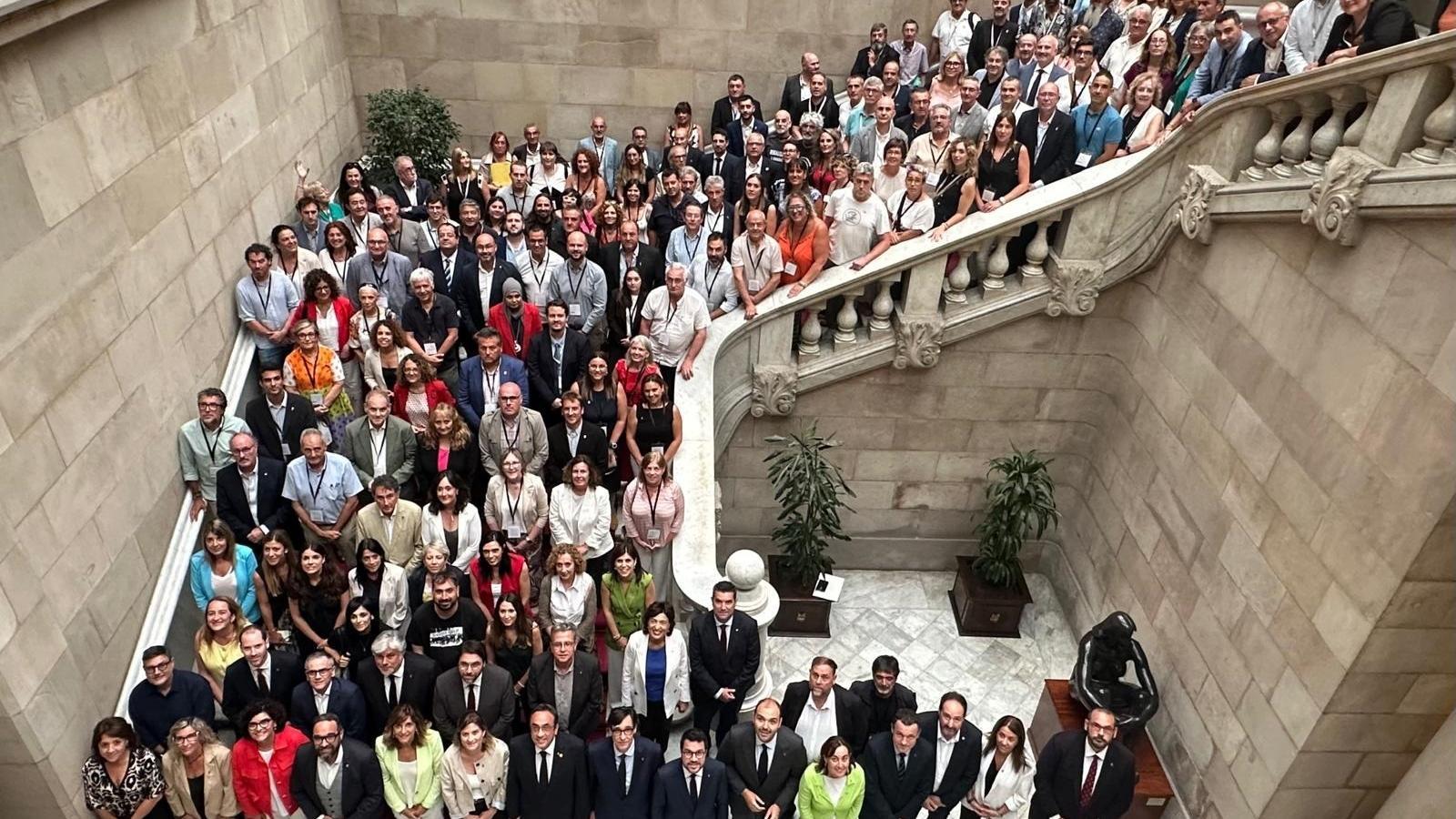How to combat depopulation? Parliament approves the Statute of Rural Municipalities
The rule will affect 608 municipalities with fewer than 2,000 inhabitants.


BarcelonaThe statute for rural municipalities has been approved, a law that should help curb depopulation in Catalonia. This law will affect 608 municipalities—out of a total of 947 in Catalonia—with fewer than 2,000 inhabitants and aims to give them tools to reverse the territorial imbalance the country is currently experiencing: 75% of the population lives in urban areas, while the remaining 25% live in rural areas. This law is the first that Salvador Illa's government has sent to Parliament for approval, although it was promoted by the previous government, led by Pere Aragonès. The law was approved this Wednesday with the support of all parliamentary groups except Vox.
According to the government, the law will mark a "turning point" in ensuring "adequate" provision of public services. Thus, the law develops a new regulatory framework that defines what a rural municipality is and establishes a set of measures to provide them with greater resources. Initially, the municipalities that fall under this statute are those with fewer than 2,000 inhabitants, which is 213 in total, and are joined by the 381 that are considered rural municipalities of special attention due to their population of fewer than 500 inhabitants. Also included are two assimilated rural municipalities, Artesa de Segre and Tremp—considered aggregate population centers of fewer than 500 or more than 5,000 inhabitants with ten or more centers of fewer than 500 inhabitants—and 12 that have been incorporated during the parliamentary process.
The law's measures
What measures does this law include? On the one hand, it provides for the creation of a specific financing system, that is, a specific fund for these municipalities that will be linked to the budget law, as well as a specific investment line to combat the aging of the population. The law also includes specific measures, such as tax incentives to encourage the purchase and renovation of homes, a rural housing pool, and the reduction of the bureaucratic burden on local councils with the creation of a single portal on the electronic headquarters that should integrate all procedures affecting these municipalities.
Promoting teleworking for people registered in these municipalities and personal income tax deductions for moving their primary residence to these areas are two measures also included in the law, which, during its parliamentary process, has also incorporated a requirement to guarantee knowledge of Catalan and Aranese in these areas. Now the government will have to roll out the law and has scheduled a meeting with the rural community for November 15th to analyze precisely that rollout.
The law has the support of many municipal organizations, such as the Federation of Municipalities of Catalonia, the Catalan Association of Municipalities, Rural Repopulation Tools, and the Association of Microvillages. Their representatives were present at the debate in Parliament this Wednesday, as well as the Minister for the Presidency, Albert Dalmau, who praised the law, saying it represents "a step forward" to make Catalonia "more cohesive, better, fairer, and, above all, designed for everyone."
ERC MP Marta Vilalta, who was the rapporteur for the law, predicted that "it will mark a before and after in the country" and defined it as a "complete, comprehensive, consensual, and pioneering" law. ERC leader Oriol Junqueras also defended him: "Catalonia needs a new push for the territorial balance of our society and our economy," he said. Both Junqueras and Aragonès listened to the debate from the rostrum of the Parliament's chamber, along with numerous mayors who wanted to be in the Catalan chamber on the day of the law's final approval.
